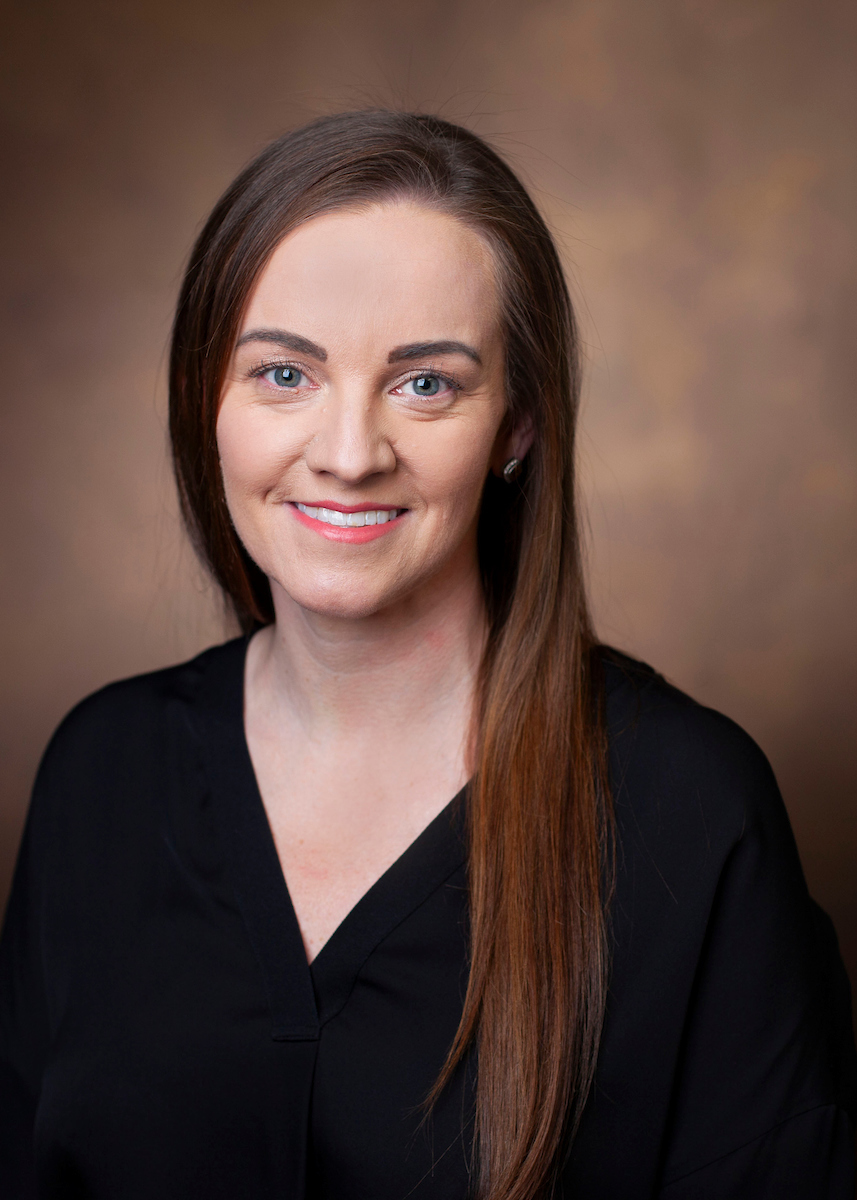The Division of Gastroenterology, Hepatology and Nutrition Fellowship Program, led by faculty at the forefront of gastrointestinal research and treatment, aims to provide outstanding medical care to persons with diseases of the gastrointestinal tract and liver, to train future physicians in gastroenterology, and to perform cutting-edge biomedical research to improve our understanding of digestive diseases.
Purpose of the Vanderbilt Gastroenterology Fellowship: Our mission is to train future leaders in academic gastroenterology who will improve the practice, education and research in this discipline.
Aims of the GI Fellowship Program:
- Recruit highly qualified trainees who desire a rigorous clinical experience, supervised autonomy, and deep exposure to medical discovery.
- Connect our fellows with institutional resources to cultivate scientific curiosity and innovative thinking.
- Provide comprehensive and compassionate care to all patients.
- Maintain the highest standards of clinical care and professionalism at all times.
- Tailor each fellow’s experience to align with their career objectives.
- Solicit critical input from all stakeholders into our program structure and focus, thus driving innovation in medical education and professional development.
We enroll five new fellows per year for an ACGME-accredited Gastroenterology fellowship training program that offers both a clinical and a research track.
- In the clinical track, fellows complete approximately 30 months of clinical training and approximately six months of research.
- In the research track, fellows complete a total of 18 months of clinical training and 18 months of research training.

Watch the video to learn more about the VUMC Gastroenterology Fellowship Program.
GI Fellowship spotlight
Vanderbilt University Medical Center (VUMC) recently was honored as one of three recipients of the prestigious DeWitt C. Baldwin Jr. Award. Presented by the ACGME in partnership with the Arnold P. Gold Foundation, this award recognizes ACGME sponsoring institutions that are exemplary in fostering a humanistic and respectful environment for graduate medical education.
The award emphasizes the joint responsibility of health system and graduate medical education leadership for delivering high-quality health care while simultaneously supporting the personal and professional development of learners and faculty.
Program Leadership

Robin Dalal, MD
Associate Professor of Medicine
Program Director, Gastroenterology Fellowship Program
Rishi Naik, MD, MSCI
Assistant Professor of Medicine
Associate Program Director, Gastroenterology Fellowship Program
